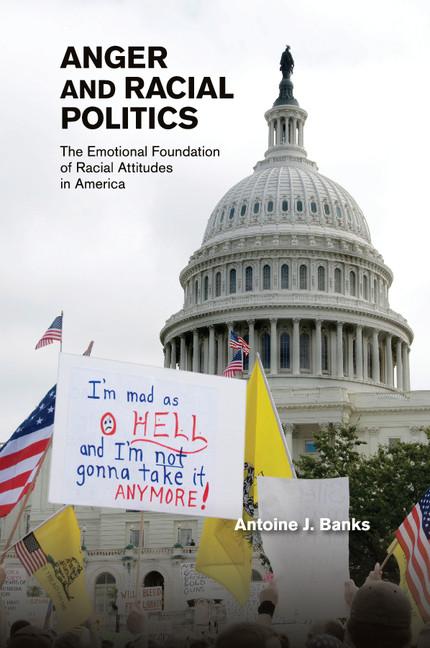In the labyrinth of human emotions, anger stands as a formidable sentinel, guarding the complex terrain of our inner landscapes. For years, scholars and researchers have attempted to decode its intricate patterns, to understand the volcanic eruptions that can reshape relationships and societies. But what happens when a lifetime of academic study collides with a raw, unscripted moment of human vulnerability? This is the story of a researcher whose decades of scholarly detachment were suddenly pierced by a single, transformative encounter—a moment that would challenge everything they thought they knew about the nature of rage, empathy, and human connection. In the wake of the 2016 presidential election, I found myself confronting the raw, unfiltered emotions that had divided our nation. My decades of research into anger suddenly felt inadequate, theoretical—until a chance encounter transformed my understanding completely.
That day, I met a man whose pain radiated beyond political rhetoric. His eyes carried a complexity that academic studies could never capture. We weren’t strangers to disagreement, but something different emerged in our conversation—a vulnerability that transcended partisan lines.
He spoke about feeling forgotten, overlooked by systems that promised opportunity but delivered disappointment. His anger wasn’t just about an election result; it was a deep-seated frustration with societal structures that seemed indifferent to his struggles. Each word peeled back layers of generational marginalization, economic uncertainty, and cultural displacement.
What struck me wasn’t the anger itself, but its intricate emotional architecture. Anger, I realized, wasn’t a simple, monolithic emotion. It was a sophisticated language of unheard narratives, a protective mechanism born from genuine hurt and unmet expectations.
My academic lens suddenly felt insufficient. Theoretical frameworks crumbled against the lived experiences of someone who felt systematically dismissed. The man’s narrative challenged everything I thought I understood about emotional responses and social dynamics.
This encounter forced me to reimagine anger not as a destructive force, but as a complex communication system. It’s a signal—a profound message about underlying social fractures, personal vulnerabilities, and unaddressed systemic issues.
The conversation revealed that anger isn’t just an emotional reaction; it’s a sophisticated response to perceived injustice. It carries historical wounds, generational traumas, and unspoken aspirations. Each burst of frustration represents a deeper narrative waiting to be understood.
My research transformed that day. I began viewing anger not as something to be controlled or suppressed, but as a nuanced language requiring empathetic interpretation. The academic distance dissolved, replaced by a more profound, human understanding.
Years of studying emotional patterns couldn’t prepare me for the raw authenticity of that moment. It wasn’t about winning an argument or proving a point. It was about listening—truly hearing the complex symphony of human experience beneath the surface of anger.
This single interaction reshaped my entire approach to understanding emotional landscapes. Anger, I learned, is never just anger. It’s a multilayered communication, a cry for recognition, validation, and fundamental human dignity.
